Triathon is a gamified blockchain and dApp testing framework focused on a decentralized community.
Triathon Overview
Triathon makes users perform the security and infrastructure tests that must be done before the blockchain projects launch in a gamified way. Project founders and token holders can test blockchain-based projects regardless of technical background.
These testing processes take place in a decentralized community and have six stages. These stages are;
- Security
- Scalability
- Decentralization degree
- Storage efficiency
- Processing capacity
- Adaptability
Each step is meticulous, and other users can follow the whole process. Participants in this testing process are rewarded. The testing phase is a complex process. Triathon has simplified it by gamifying it. Triathon users can create NFTs to launch attacks on projects and perform test attacks to observe their performance.
Platform believes in the Play-to-Build model as well as the Play-to-Earn model. In addition to the users who will test the projects, Triathon offers Builders the possibility to create NFTs that they can use in their projects. Project owners who design their own NFTs can add these NFTs to their games and put them through a real-time testing phase. In exchange for the NFTs they create, Builders are rewarded for their contribution to the ecosystem.
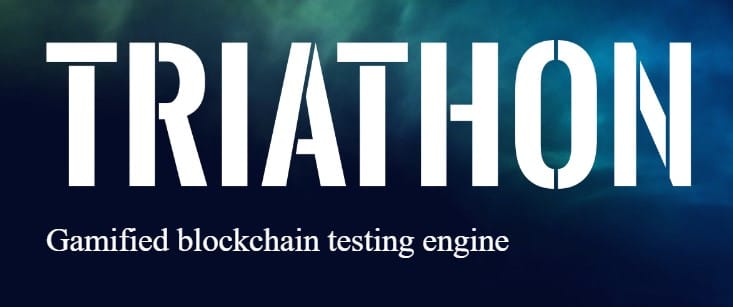
Triathon Play-to-Earn Model
Triathon believes in test-driven investment for users. Test decisions are made by the Triathon DAO.
In Triathon, users test projects, play games, and earn financial rewards in different ways, including but not limited to:
- Participating in testing to win rewards
- Competing in 1v1 test battles to win rewards
- Using NFTs to increase expected rewards
- Trading NFTs for price differences
- Creating new NFTs and selling in the market
- Collecting and auctioning rare and special NFTs
- Sharing the revenue stream of Triathon via staking
- Trading tokens for price differences
- Investing in the launchpad for a certain project
How Triathon Works?
Triathon simplifies the complex process for users to test blockchain projects by gamifying it. The system divides into places that represent three different types of testing phases. Users must first mint a ship NFT. Ship NFTs characterize by some parameters and divided into rarity levels. Rarity levels affect the rewards that users earn.
A ship NFT is composed of Hull NFT and Part NFT parts. As a result of these parts, Ship NFTs take on specific properties. Ship NFT attributes are as follows;
- Name: NFT testing events
- Type: Destroyer, Delusionist, Daemon, and Dungeon.
- ID: The new NFT has the same ID as the corresponding ship.
- LV (Level): S1, S2, S3, S4, S5, S6, all synthesizable NFTs for the first stage are S1.
- CE (Combat Effectiveness): It refers to the attacking power of the NFTs. The greater the CE value is, the greater the attacking damage will be.
- HP (Health Point): It refers to the hit points of NFTs, the more HP it has, the more damage it can withstand.
Depending on their type, NFTs have a reduced HP as a result of their attacks. When an NFT’s HP drops below 10, that NFT cannot participate in the test phase. Increasing NFT HP requires GEON tokens.
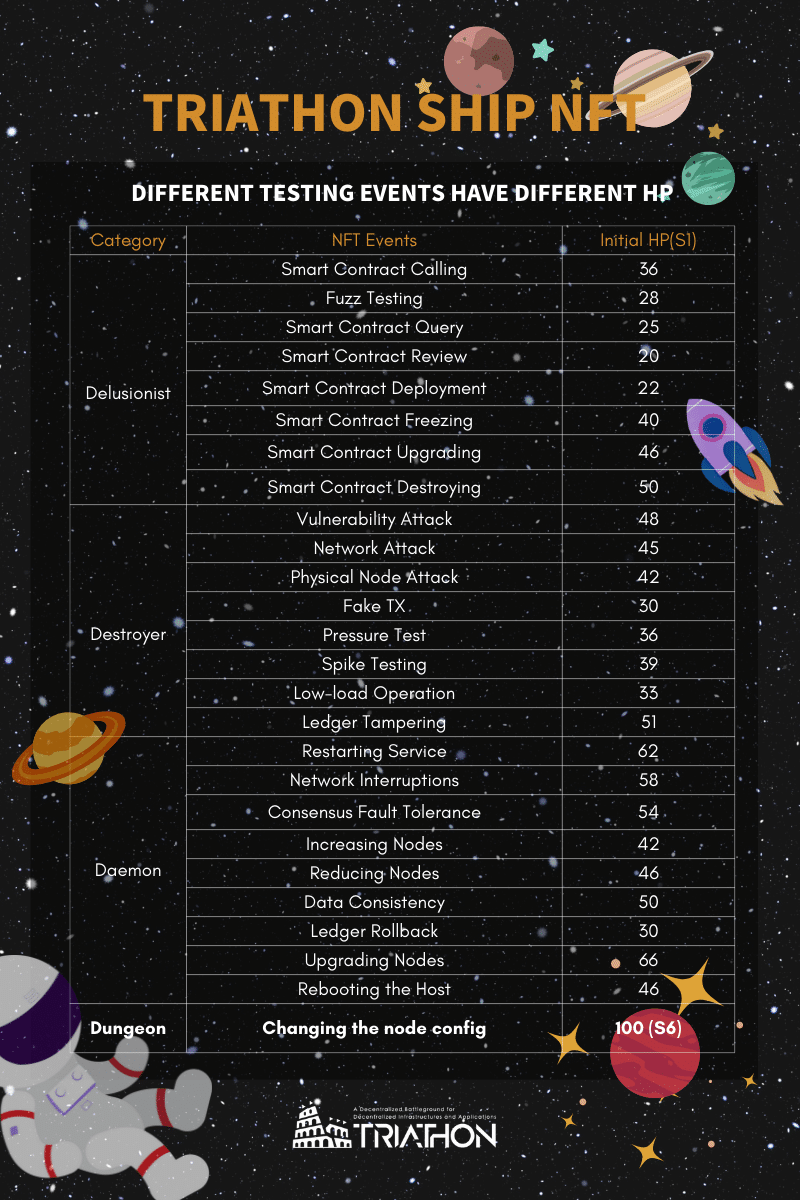
The Battleground
Once the NFTs are created, the testing phases take place on the battlefield. In the Triathon ecosystem, there are three types of combat systems on the battlefield, each representing a testing phase.
Daemon
Daemon is the gamified cornerstone of testing in the Triathon ecosystem. Daemon is essentially a testing framework that utilizes the layer1 feature of Trias and runs underneath other blockchains. In the Triathon ecosystem, the Daemon battlefield is used to complete fully decentralized stability, accuracy, and quality cross-chain testing phases.
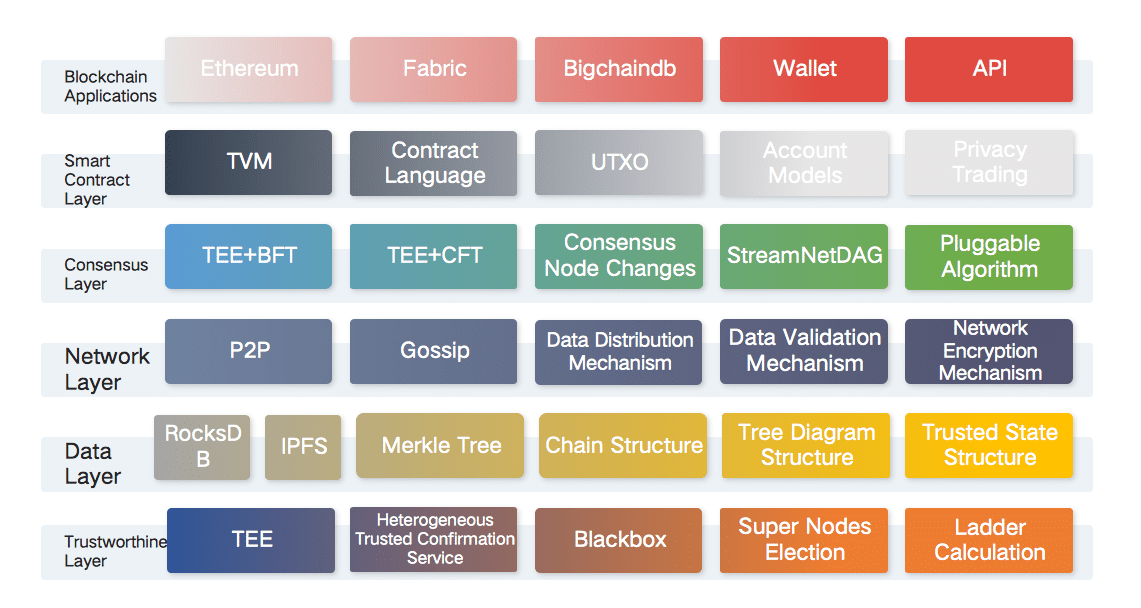
Delusionist
Delusionist is an infrastructure for receiving and executing operational orders. All orders are translated into a combat move. These orders are distributed to test nets according to specific rules. It is checked whether the test networks fulfill these tasks smoothly. The function of a Delusionist is fulfilled through four roles:
- Composer:Generating and configuring DApps or Chains as a Test Flight to satisfy test targets
- Examiner:Identifying and Defining the key parameters of Test Flights
- Dispatcher:Dispatching Test Flights to target testnets
- Recycler:Accepting the returned Test Flights and generating feedback to the Composer
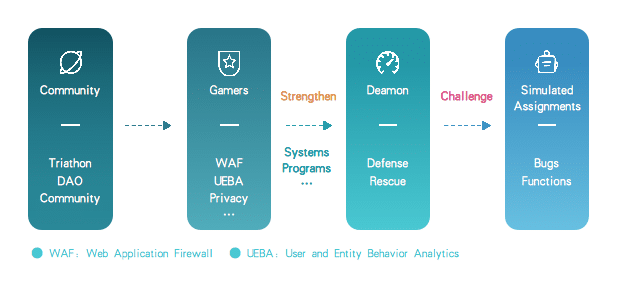
Destroyer
The Destroyer is the attack center on the Triathon battlefield. Users use NFTs of the Destroyer type to carry out various attacks on the test network. Destroyer has a total of 6 attack functions. These are;
- Transaction (TX) Attacker:Generating false or malicious transaction attackers
- Contract Attacker:Attacking smart contract bugs
- Chain Attacker:Attacking the chain node’s application
- Host Attacker:Attacking the chain node’s hosting server, including the operating system and the system application
- Physical Attacker:Attacking the underlying physical machines or the data center of the hosting node
- Network Attacker:Attacking the local network of the target hosting machines or the data center
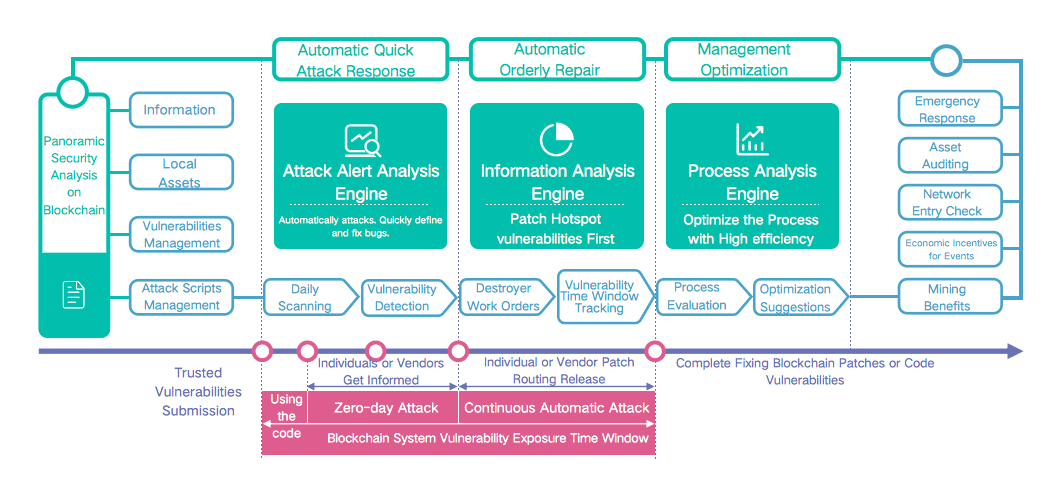
Dungeon
The dungeon is a platform for the exchange of assets, ideas, and information in the Triathon ecosystem. In Dungeon, users observe the mentioned above test phases and communicate with each other. Dungeon basically has three functions.
- The dungeon functions as a demonstration area. The testnet data of the tested projects instantly display in the Dungeon. This data is analyzed by Triathon. Users can stake tokens to direct battles based on the data realized on the testnet. By staking tokens, users can earn an extra profit if the testnet they support is successful.
- The dungeon is an information exchange platform. Project updates, news, DAO proposals, and votes are announced on this platform.
- Dungeon provides users with the tools needed for the play-to-earn model in the Triathon ecosystem. Users create the NFTs needed for gamified test phases on the Dungeon platform. Players can also sell the NFTs they create on the Marketplace.
Tokenomics
The Triathon ecosystem has two different tokens, TRIAS and GEON. $GEON serves as the in-game token of the Triathon game, while $TRIAS serves as the governance token. 1 $TRIAS is set to be equal to 1100 $GEON. The total supply of $GEON tokens is 10,000,000,000,000, and the distribution is as follows:
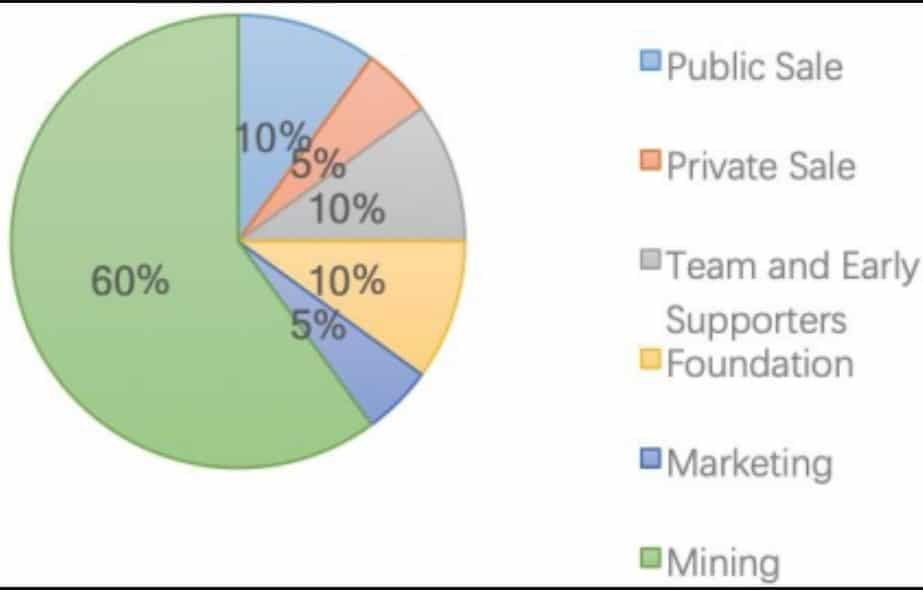
Roadmap
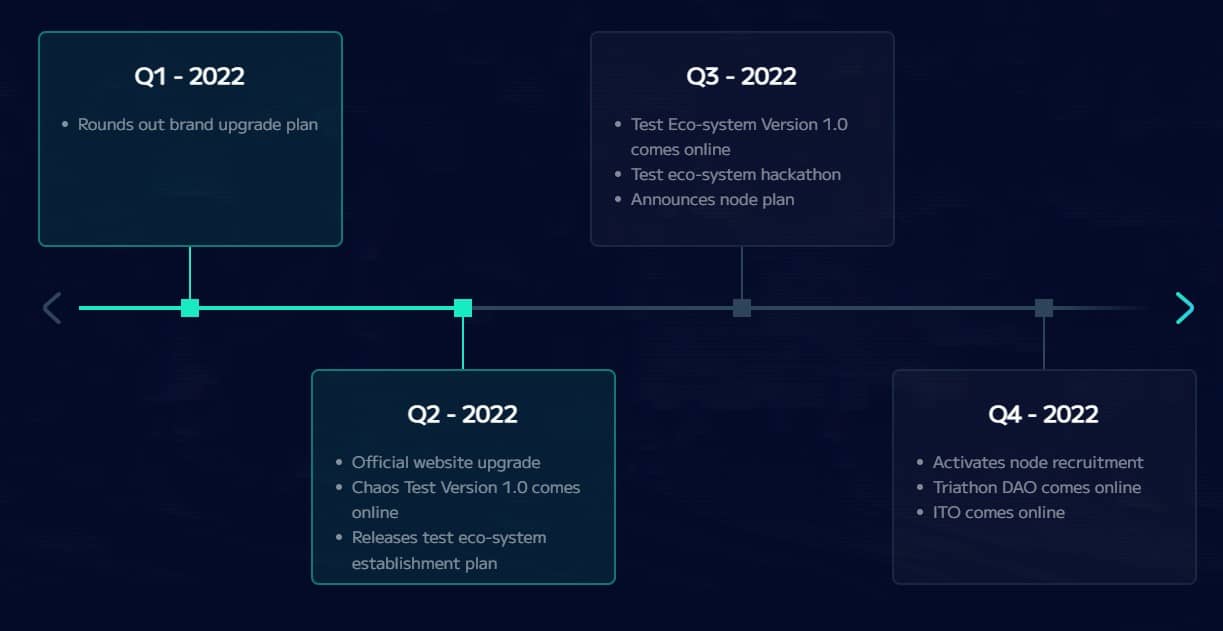
Summary
Triathon is a dApp testing framework that tests blockchain projects in a gamified way. The Triathon ecosystem is focused on a completely decentralized community. It encourages users from all audiences to test games, regardless of technology. Users with blockchain projects can also apply to the platform to test their projects.
The project testing phases are divided into six parts, and the whole process can follow by other users. In this respect, the Trithon platform is community-driven and transparent. Users participate in the testnet with the NFTs they create in Dungeon. Users who participate in the testnet and users who follow the testnet and only make token stakes are rewarded according to the result of the testnet.

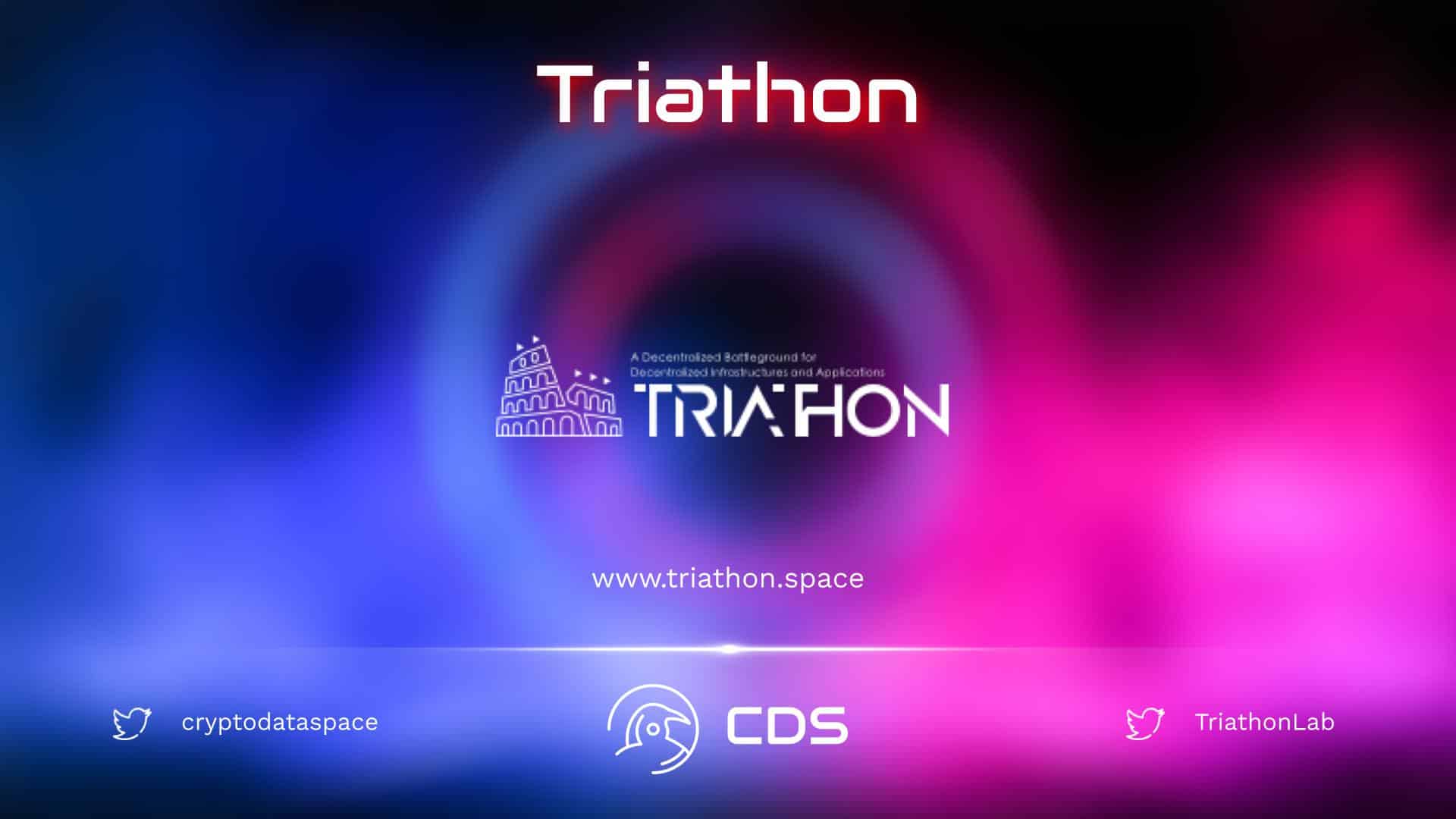













Leave a comment